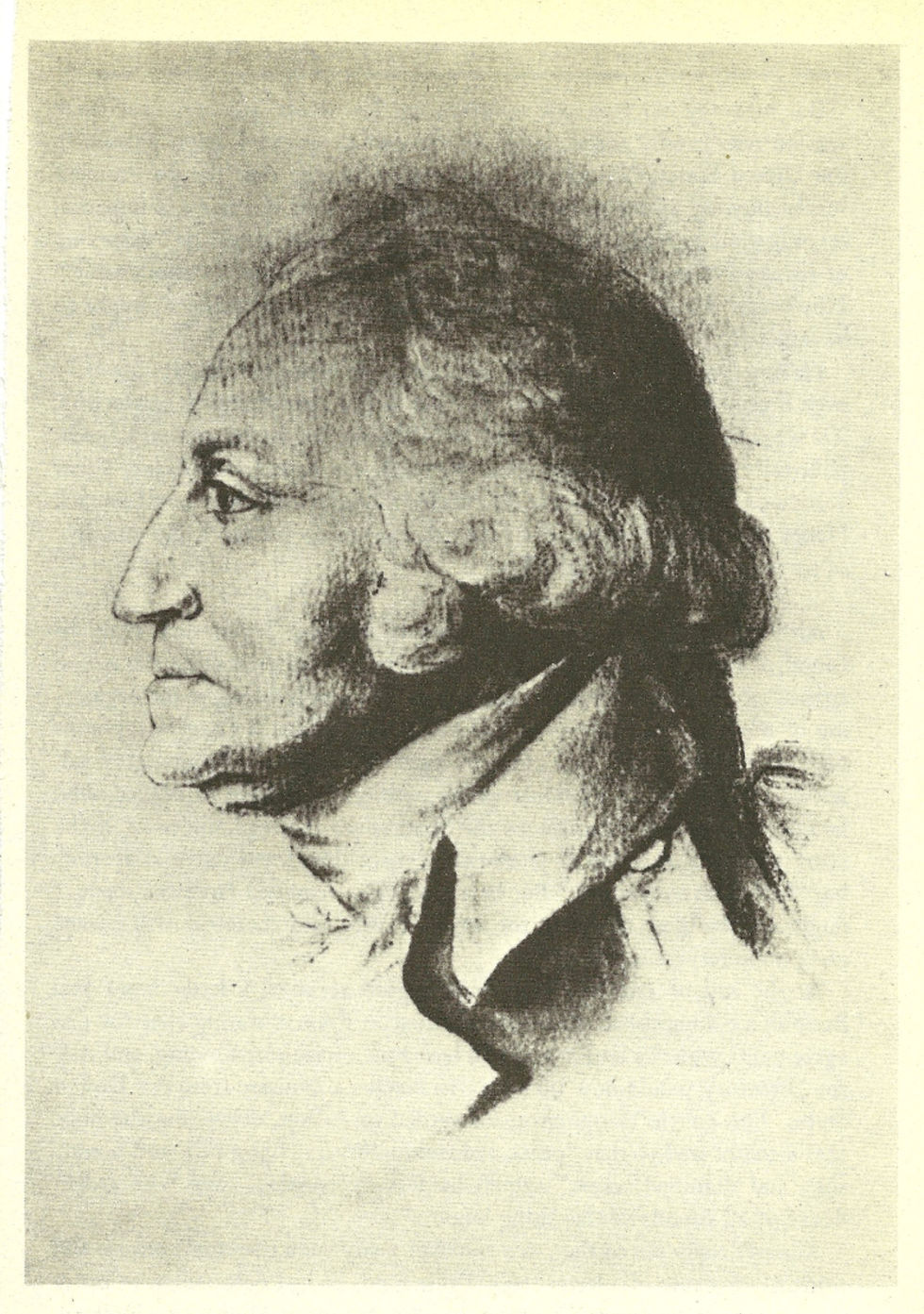George Washington & The First Thanksgiving
- Oct 5, 2025
- 8 min read
Updated: Nov 21, 2025
Before adjourning in September, the First Congress of the United States had resolved that President George Washington should proclaim a national day of thanksgiving. Thus, on October 3, George Washington issued a proclamation assigning November 26, 1789, as Thanksgiving Day. This would be the first national day of thanksgiving to be celebrated in the United States.


Comments